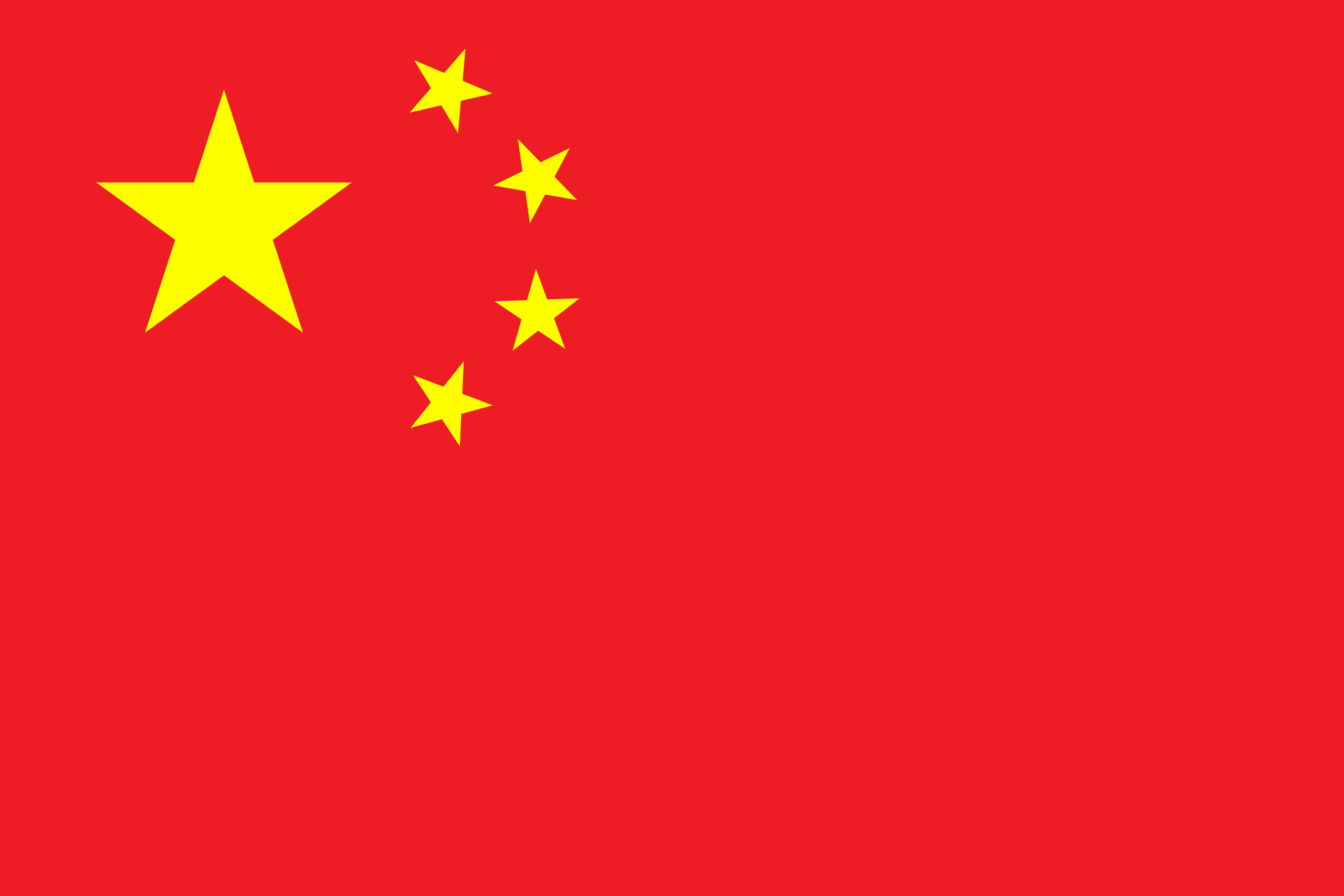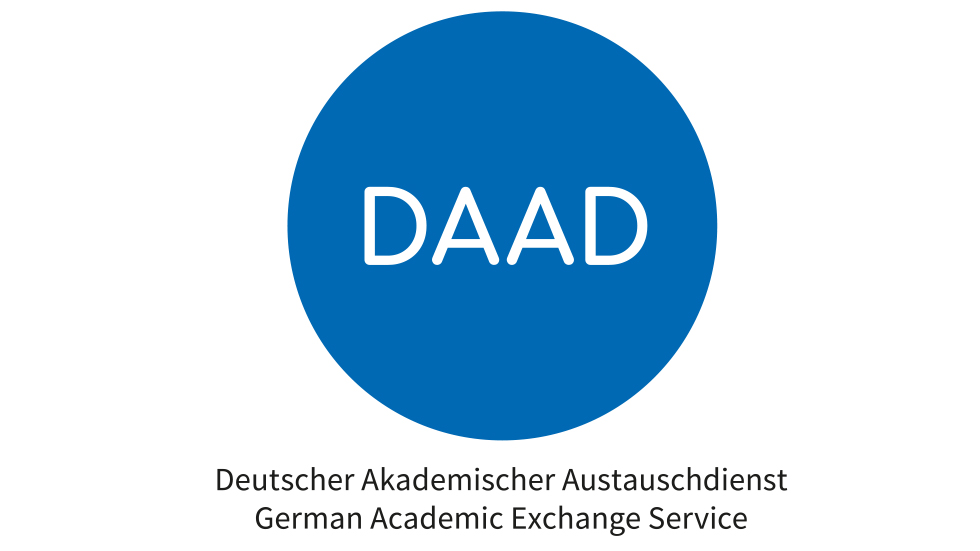Canadian International Development Scholarships 2030 (BCDI 2030) – Fully Funded Opportunity to Study in Canada
The Canadian International Development Scholarships 2030 (BCDI 2030) is a unique international development program funded by Global Affairs Canada that provides fully funded opportunities for students from 26 eligible developing countries to pursue higher education, vocational training, and technical programs in Canada.
Running from 2022 to 2030 with a total investment of $80 million CAD, the program directly benefits more than 7,000 scholars, of which at least 51% are women, ensuring equitable access to education.
With 90% of funding directed toward Sub-Saharan African countries, and additional allocations for Francophonie (75%) and Commonwealth/Small Island Developing States (25%), the program addresses priority needs and contributes to the United Nations’ Sustainable Development Goals (SDGs).
Degree Level
The BCDI 2030 program supports multiple levels of study and training opportunities, including:
Vocational Training
Technical Training
Undergraduate Programs
Graduate Studies (Master’s and PhD)
Short-Term Professional Development Programs
Available Subjects
Key Thematic Areas of Study
The program focuses on priority fields tailored to partner countries’ labour market and development needs:
STEM (Science, Technology, Engineering, Mathematics)
Artificial Intelligence
Green and Blue Economy
Climate Action and Sustainability
Health Sciences
Governance and Administration
Benefits
Selected scholars will receive:
Full or partial tuition coverage
Living allowance / stipend to cover daily expenses
Accommodation support during studies in Canada
Health insurance coverage
Return airfare between home country and Canada
Skills training and mentorship opportunities
Networking with Canadian HEIs and industry
Upon returning home, graduates are expected to contribute to social and economic development as agents of change in their communities.
Eligible Nationalities
BCDI 2030 is open only to students from the following partner countries:
Benin, Burkina Faso, Cameroon, Central African Republic, Chad, Congo, Democratic Republic of the Congo, Egypt, Gabon, Ghana, Guinea-Bissau, Haiti, Ivory Coast, Kenya, Madagascar, Mali, Mauritania, Morocco, Niger, Rwanda, São Tomé and Príncipe, Senegal, South Africa, Tanzania, Togo, Tunisia.
Eligibility Criteria
Unlike other scholarships, eligibility for BCDI 2030 is not on an individual basis, but through institutional partnerships.
Applicants must be citizens of one of the 26 eligible partner countries.
They must apply through a partner higher education institution (HEI) that has a project agreement with a Canadian HEI.
Candidates must meet the admission requirements of the Canadian institution.
At least 51% of scholars are women, with emphasis on gender equity.
Candidates must show a commitment to applying their education to national development goals.
Application Procedure
Interested students cannot apply directly to BCDI 2030. The process is:
A Canadian HEI establishes a project partnership with an HEI in one of the 26 eligible countries.
The partner institution launches a call for applications in the local country.
Students apply through the local partner university or institution.
Candidates are shortlisted and selected according to the scholarship and program criteria.
Final recipients travel to Canada to begin their academic program.
To find ongoing projects and available calls, visit official site
Two Streams of the BCDI 2030 Program
The initiative operates through two main streams:
Stream 1: Scholarships for studies in Canada, including technical, undergraduate, and graduate opportunities.
Stream 2: Customized training programs delivered locally, tailored to the development priorities of partner countries.
This dual approach ensures that both individual scholars and local institutions benefit from Canadian expertise.
Final Thoughts
The Canadian International Development Scholarships 2030 (BCDI 2030) is one of the most impactful fully funded opportunities for students from 26 developing countries. By focusing on STEM, health, governance, and sustainability, this scholarship program not only enhances academic capacity but also supports long-term social and economic transformation.




